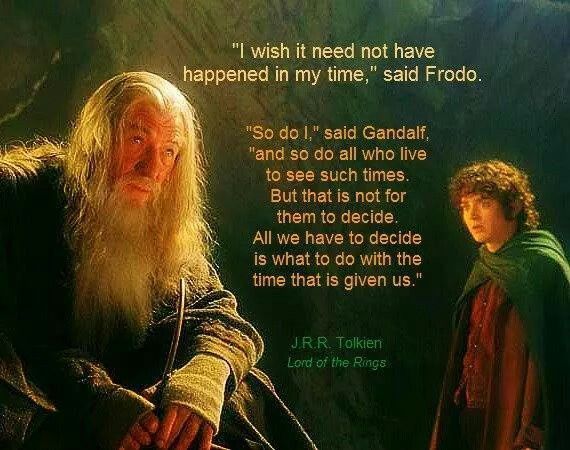What to do with waste?
I’m not unaware of the problems of plastic. I’m also not unaware of the fact that the problem is generated by multibillion dollar companies and the fossil fuel industry, and that it will take collective action to change that. But I’m also keenly aware of the fact that our investment in using disposable products is not actually conscious and, for many, many people, not a choice that we have the power1 to make.
I’m including myself in that many; I’ve been on the wrong end of the power imbalance for most of my life, in one way or another, but mostly financially. I used to joke darkly about not being rich enough to be ethical; this was to give myself a bit of cold comfort when I’d see people enjoying obviously-better produce from farmers’ markets, something that happened frequently during my undergraduate years, given who I hung around with and where I was living at the time. I also would apply it when I saw people buying clothes made of organic cotton, or kitchen storage made of steel or glass instead of plastic, or all manner of reusable items that cost an arm and a leg up front but actually end up lasting quite a bit longer and mean you don’t have to keep continually spending money on replacements when the cheaper version inevitably breaks. See also the Sam Vimes Boots Theory of Socioeconomic Unfairness.
Frankly, I think it’s still true that one has to attain a certain level of financial stability before being able to think about how your consumption and choices (or lack thereof) affect the environment and the people and animals around you. And that’s an awful reality. Young people have enough to worry about aside from the looming climate crisis that they vaguely feel they are actively contributing to in some way.
The problem of plastic isn’t going to be solved by choosing to bring your reusable dishes everywhere. But it’s also not going to be solved by hoping that petrochemical companies and food corporations eventually listen to activists and scientists and change for the better; that is a process that can take years. Or never happen. Those activists and scientists aren’t going to exist if they don’t choose, in their personal lives, to try to be the change they want to see in the world.
I see those two positions as inherently intertwined and dependent on each other, is what I suppose I am trying to articulate. Personal actions feed into collective actions prompt individual actions inspire large-scale protests influence people’s habits. The one doesn’t exist without the other.
(I’m also not investing in some purity myth about how a true activistTM would act – everyone’s just got to try their best with what resources they have, insert modified Tolkien quote here:)

This turned into an essay, and I am not going to apologize but instead blame it squarely on over half a decade spent in graduate school. Now that I’m back in Ontario and the poverty line is no longer the sword of Damocles over my head, I’m starting to try to live a bit better, because I am finally, finally in a position of financial, locational, and educational power. The Triforce has at long last been assembled. I wanted this post to be just a list of organizations in some hopes that it might be helpful to others in my circumstances, but instead it’s a half-thought-out meditation on environmental accessibility, whoops. I’ll try again in the future.
-
I’m talking power as in financially the literal money available to an individual to purchase the cheap disposable thing vs the expensive reusable one; power as in that person’s location in a physical place where there are only stores that sell disposable products or cheap, non-nutritious food, or support systems of oppression vs stores that stock fairly traded and nutritious foods, etc; power as in the way that they have been failed by their education and the society that individual has been brought up in so that they are unaware of and thus put at a significant disadvantage towards understanding the consequences of combustion engines or overpackaging or what-have-you vs. community education or curriculum in school that empowers them with the imaginative expansion necessary to realize their personal power in decision-making; power as in the downtime and energy available to an individual to pause and take a moment to think about consumption vs. never having a moment to think / purchasing automatically because they are in a rush to get everything done between jobs, family, school, etc. ↩